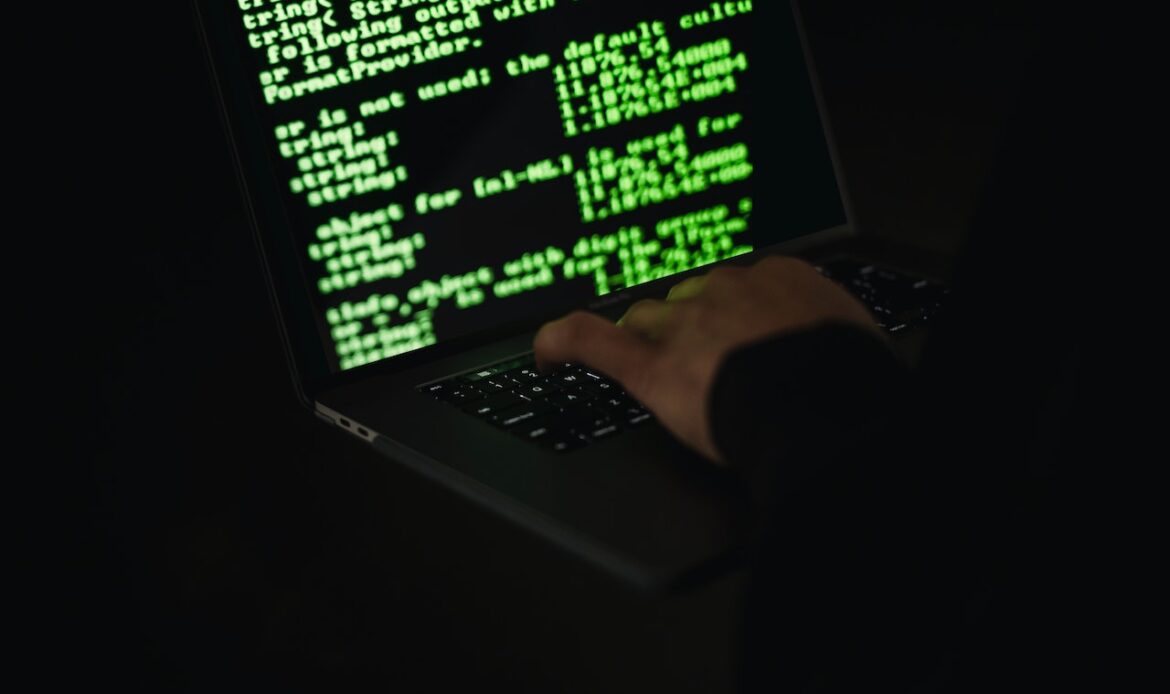Introduction
In an increasingly digital world, the importance of cybersecurity cannot be overstated. With the rapid growth of technology and the internet, Pakistan, like many other countries, has witnessed a surge in cybercrimes. To address these challenges and protect the digital assets of its citizens and organizations, Pakistan has enacted a comprehensive set of cybercrime laws. In this blog post, we will delve into the key aspects of Pakistani cybercrime laws and explore how they safeguard your digital assets.
Understanding Cybercrimes in Pakistan
Cybercrimes encompass a wide range of illegal activities that involve the use of computer systems, networks, and electronic devices. These crimes can include hacking, identity theft, online fraud, cyberbullying, and the distribution of malicious software, among others. In Pakistan, the Prevention of Electronic Crimes Act 2016 (PECA) is the primary legislation that deals with cybercrimes.
The Prevention of Electronic Crimes Act 2016 (PECA)
PECA is a significant milestone in Pakistan’s efforts to combat cybercrimes and protect digital assets. It was enacted to address various aspects of cybercrime, including unauthorized access to data, electronic forgery, cyber-terrorism, and online harassment. Let’s take a closer look at some key provisions of PECA:
1. Unauthorized Access to Data: PECA criminalizes unauthorized access to computer systems and data. This provision is crucial in preventing hacking and unauthorized data breaches.
2. Electronic Forgery: The act also covers electronic forgery, which involves creating, altering, or using digital documents or information with fraudulent intent. This provision safeguards the integrity of digital records and transactions.
3. Cyber-terrorism: PECA defines cyber-terrorism as any act committed with the intent to coerce, intimidate, or harm the government, public, or any individual. This includes attacks on critical infrastructure and information systems.
4. Online Harassment: PECA addresses online harassment, making it illegal to harass, threaten, or intimidate others through electronic communication. This provision is vital for protecting individuals from cyberbullying and online abuse.
5. Malicious Software: Distributing or facilitating the distribution of malicious software, such as viruses and malware, is also a punishable offense under PECA. This helps in curbing cyberattacks and data breaches caused by malicious software.
Enforcement and Penalties
While having strong cybercrime laws is essential, their effective enforcement is equally crucial. In Pakistan, the Federal Investigation Agency (FIA) is responsible for investigating and prosecuting cybercrimes. The FIA’s Cybercrime Wing specializes in handling cases related to digital offenses.
PECA outlines various penalties for cybercrimes, depending on the severity of the offense. Penalties can include fines, imprisonment, or both. For instance, unauthorized access to data can lead to imprisonment for up to three years and a fine of up to PKR 1 million, while cyber-terrorism can result in life imprisonment.
Protecting Your Digital Assets
In today’s interconnected world, individuals and organizations must take proactive measures to protect their digital assets. Here are some steps you can take to safeguard your digital presence in Pakistan:
1. Use Strong Passwords: Ensure that your online accounts have strong, unique passwords. Use a combination of letters, numbers, and symbols, and avoid using easily guessable information like birthdays or names.
2. Enable Two-Factor Authentication (2FA): Enable 2FA wherever possible to add an extra layer of security to your accounts. This typically involves receiving a one-time code on your mobile device to log in.
3. Keep Software Updated: Regularly update your operating system, antivirus software, and applications to patch security vulnerabilities.
4. Educate Yourself: Stay informed about common cyber threats and scams. Be cautious of phishing emails, suspicious links, and unsolicited messages.
5. Protect Personal Information: Avoid sharing sensitive personal information online unless necessary. Be cautious about what you post on social media platforms.
6. Secure Your Wi-Fi Network: Protect your home Wi-Fi network with a strong password and encryption. Regularly change the default router login credentials.
7. Backup Your Data: Regularly back up your important data to an external drive or cloud storage service. This can help recover data in case of a cyberattack.
8. Report Cybercrimes: If you become a victim of cybercrime or witness illegal online activity, report it to the FIA’s Cybercrime Wing or the local police.
Conclusion
As the digital landscape continues to evolve, so do the threats posed by cybercrimes. Pakistan’s Prevention of Electronic Crimes Act 2016 is a crucial step in addressing these challenges and protecting digital assets. However, individuals and organizations must also play their part in staying vigilant and implementing cybersecurity best practices. By working together with law enforcement agencies and following the law, we can collectively create a safer digital environment for all Pakistanis.

